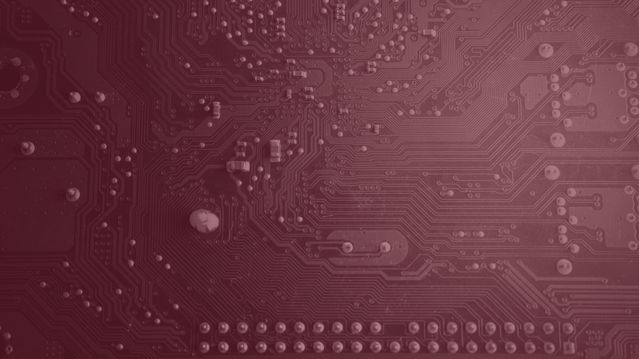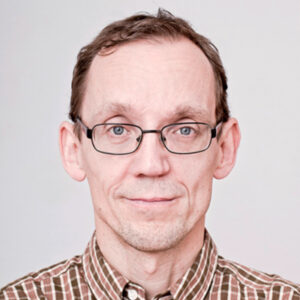
SERC TALKS: “How Do We Make Sure Future Cyber-Physical Systems Are Human Centered, and In Particular, Trustworthy?”
Jun 4, 2020 1:00pm - 2:00pm

Abstract
Cyber-Physical Systems (CPS) – as integrations of computation, networking and physical processes – are becoming smarter, more automated, connected, upgradeable and collaborative. CPS provide a vast number of opportunities for innovation, and may for example help to address many of UN Sustainable Development Goals. Both technology and sustainability thus strongly require industrial transformation. At the same time, the development and life-cycle managmement of future CPS clearly push and challenge the boundaries of existing engineering methodologies and socio-technical frameworks; the unprecedented capabilities also represent unprecedented complexity.
Trustworthiness in particular means that the complexity of CPS needs to be manageable and that known challenges – such as the automation paradox, newer challenges – such as failure modes of AI and deep learning systems, and expanding challenges – such as those related to cyber-security and safety of open world systems, are understood and properly handled. This talk will provide the following perspectives to human centered CPS.
- trends and capabilities of future CPS, drawing upon lessons learnt from previous technological shifts,
- a complexity analysis of CPS, used to highlight bottlenecks in current (systems) engineering practices,
- directions towards trustworthy and circular CPS, including automated driving and edge computing will be taken as technological case studies for illustrative purposes.
SERC Talks are free to the public and all are welcomed to join and participate in this open discussion. Talks are held via Zoom webinar platform only.
NOTE TO PARTICIPANTS: SERC Talks broadcasts using the Zoom Webinar Platform. Prior to the SERC Talk, we encourage all participants to install and test the platform to exercise full virtual capabilities. Installation is NOT required to join the session, as Zoom is accessible via web browser.
Details
Event
SERC TALKS: “How Do We Make Sure Future Cyber-Physical Systems Are Human Centered, and In Particular, Trustworthy?”
- Start Date
- June 4, 2020 @ 1:00 pm
- End Date
- June 4, 2020 @ 2:00 pm
- Event Link
- http://sercuarc.org/serc-talks/
Venue
- Address
Organizer
Systems Engineering Research Center (SERC)
- serc@sercuarc.org
- Website
- http://www.sercuarc.org/

